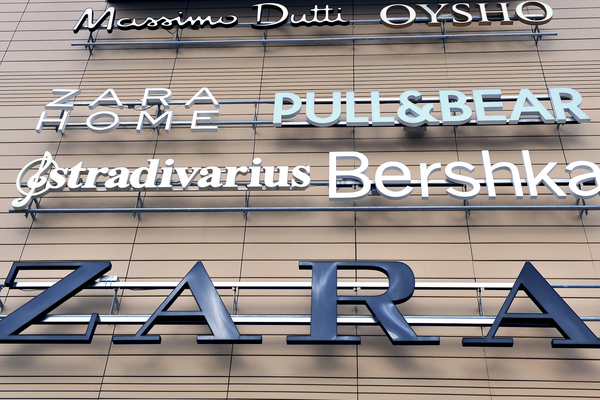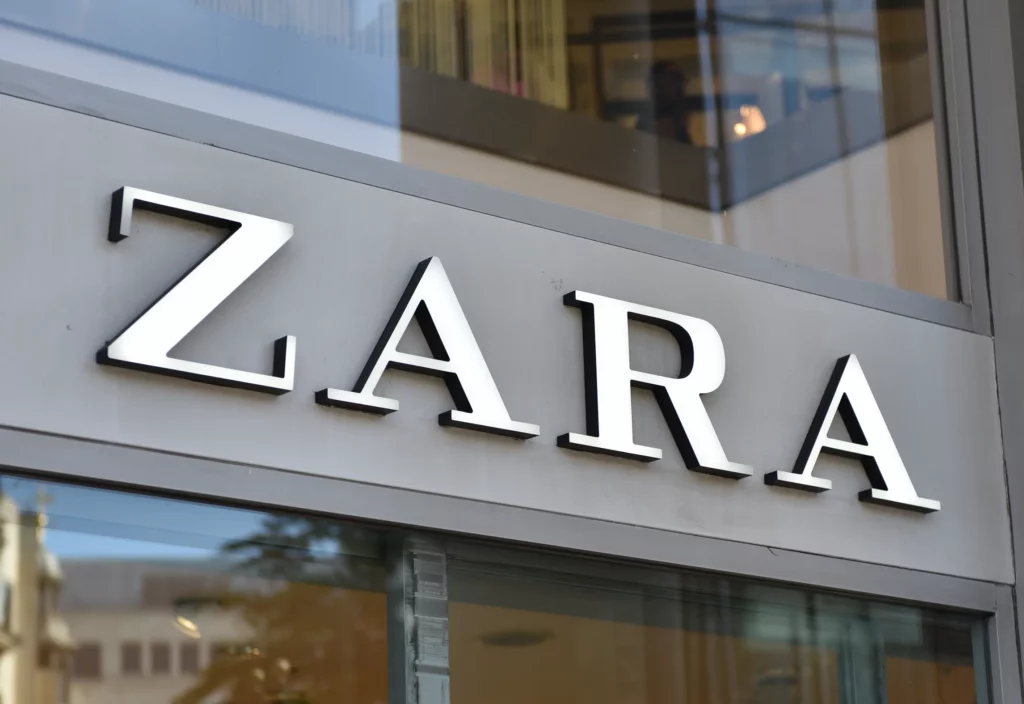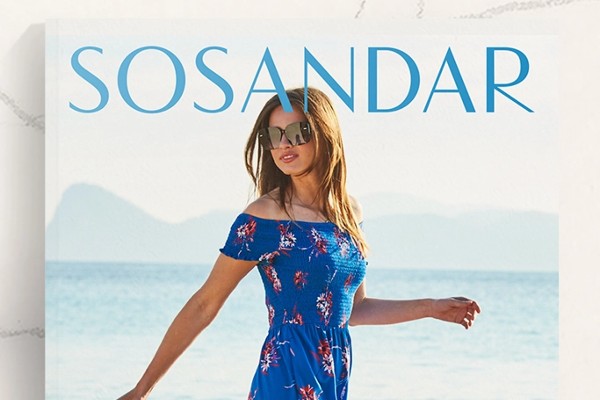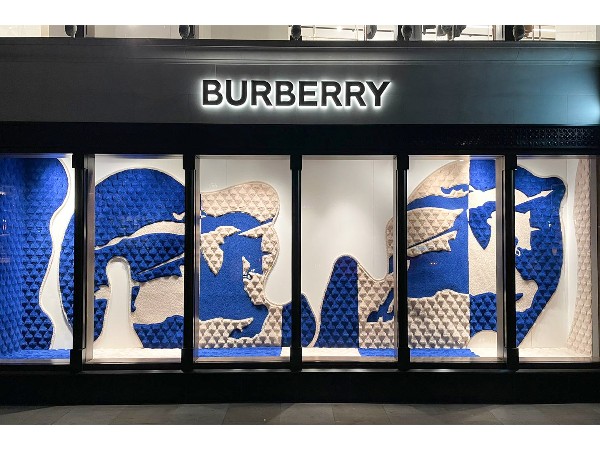// The majority of Bangladeshi factories selling to 24 of the largest global retailers report them paying the same prices almost two years on from the start of the pandemic, despite the cost of raw materials increasing
// Bangladesh is the second largest garments exporter in the world, providing millions of garments to the UK market
High-street retailers, including H&M and Gap who source clothes from Bangladesh for the UK market, are reportedly paying below the cost of production, according to a major new survey of 1,000 Bangladeshi clothing manufacturers.
A new report by researchers from the University of Aberdeen and UK-based Fairtrade organisation Transform Trade claims that the majority of fashion retailers paid manufacturers the same as prior to the pandemic – despite rising prices of raw materials due to global inflation – causing factories to struggle to pay workers the minimum wage of £2.30 per day.
Examining the time period between March 2020 to December 2021, the report discovered that 90% of high street retailers engaged in “unfair practices”: 86% cancelled orders, 85% reduced prices compared with the ones agreed in the contract, 50% refused to pay for goods already in transit and production, while 85% delayed payment for goods already dispatched for more than three months.
Subscribe to Retail Gazette for free
Sign up here to get the latest news straight into your inbox each morning
Bangladesh is the second largest garments exporter in the world, providing millions of garments to the UK market.
Professor in Sustainability Accounting and Transparency at the University of Aberdeen Business School project lead Muhammad Azizul Islam said: “Two years on from the start of the pandemic, Bangladeshi garment workers were not being paid enough to live on, with one in five manufacturers struggling to pay minimum wage while many fashion brands which use Bangladeshi labour increased their profits,”
“Inflation rates soaring around the world are likely to have exacerbated this even further.”
The survey also found that post-lockdown, garment factories only employed 75% of the workers they had before, suggesting that up to 900,000 workers could have lost their jobs.
Transform Trade senior policy advisor Fiona Gooch called for a UK watchdog for the fashion industry.
“This research is a wake-up call,” said Gooch.
“When retailers treat suppliers badly by breaching previously arranged terms, it’s workers who suffer. If a retailer fails to pay the agreed amount, or delays payments, the supplier has to cut costs some other way, and this is frequently passed on to their workers, who have the least power in the supply chain.
“Reports of being rehired on worse pay and conditions, bullying and unpaid overtime are the predictable result. We need a fashion watchdog to regulate UK garment retailers, along the same lines as the existing supermarket watchdog.
“Aldi and Lidl’s grocery buying practices are regulated in both the UK and European markets, but their clothing purchases aren’t, which is why unethical behaviour persists. We need a fashion watchdog to stop unacceptable purchasing practices of the clothing retailers benefiting from large consumer markets, along the same lines as existing protections for food suppliers. Only when suppliers are able to plan ahead, with confidence that they will earn as expected, can they deliver good working conditions for their workers.”
Retail Gazette contacted Aldi, H&M, Inditex, Gap, Next, Tommy Hilfiger-owner PVH Corp for comment.
Click here to sign up to Retail Gazette‘s free daily email newsletter


























